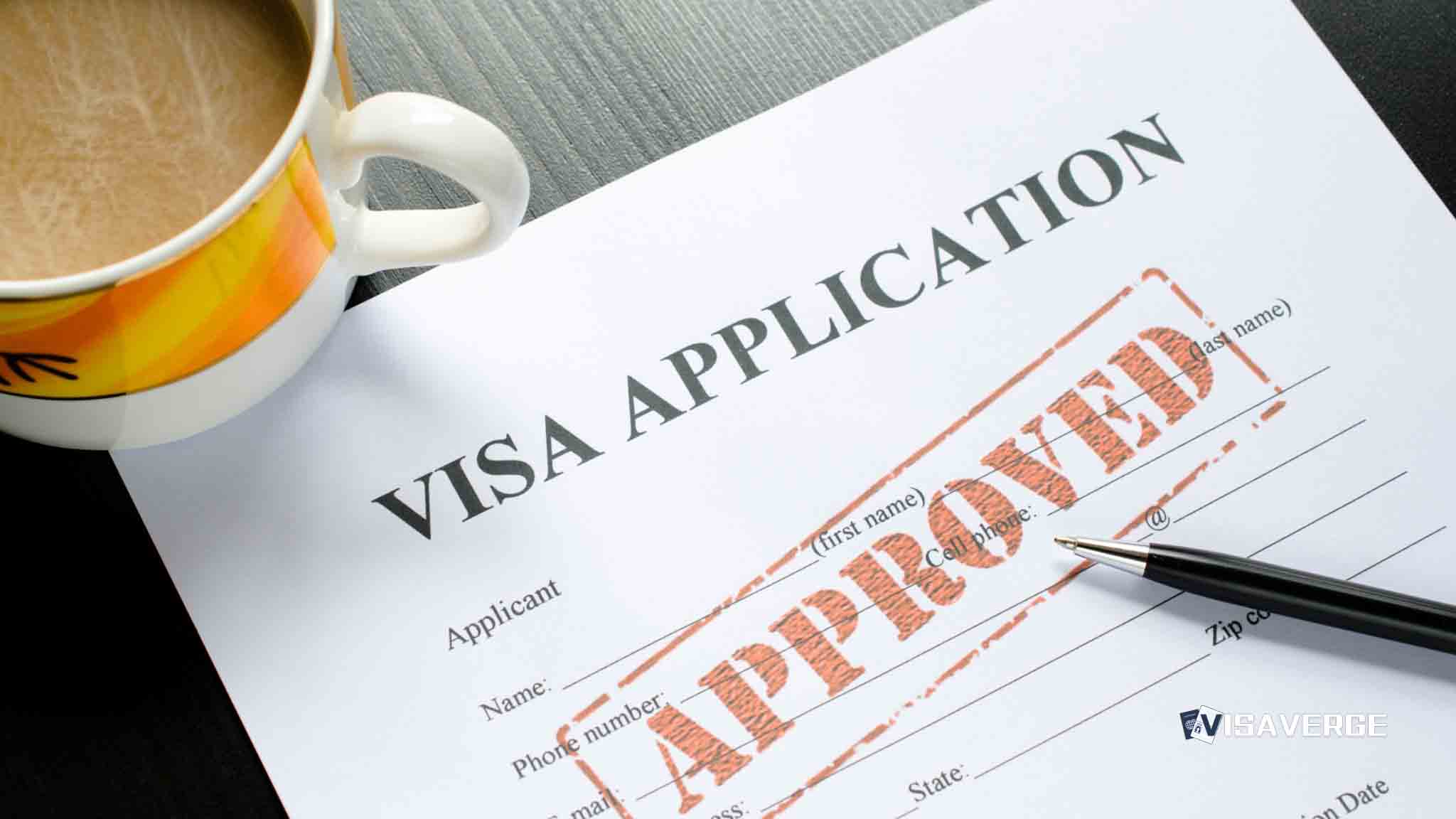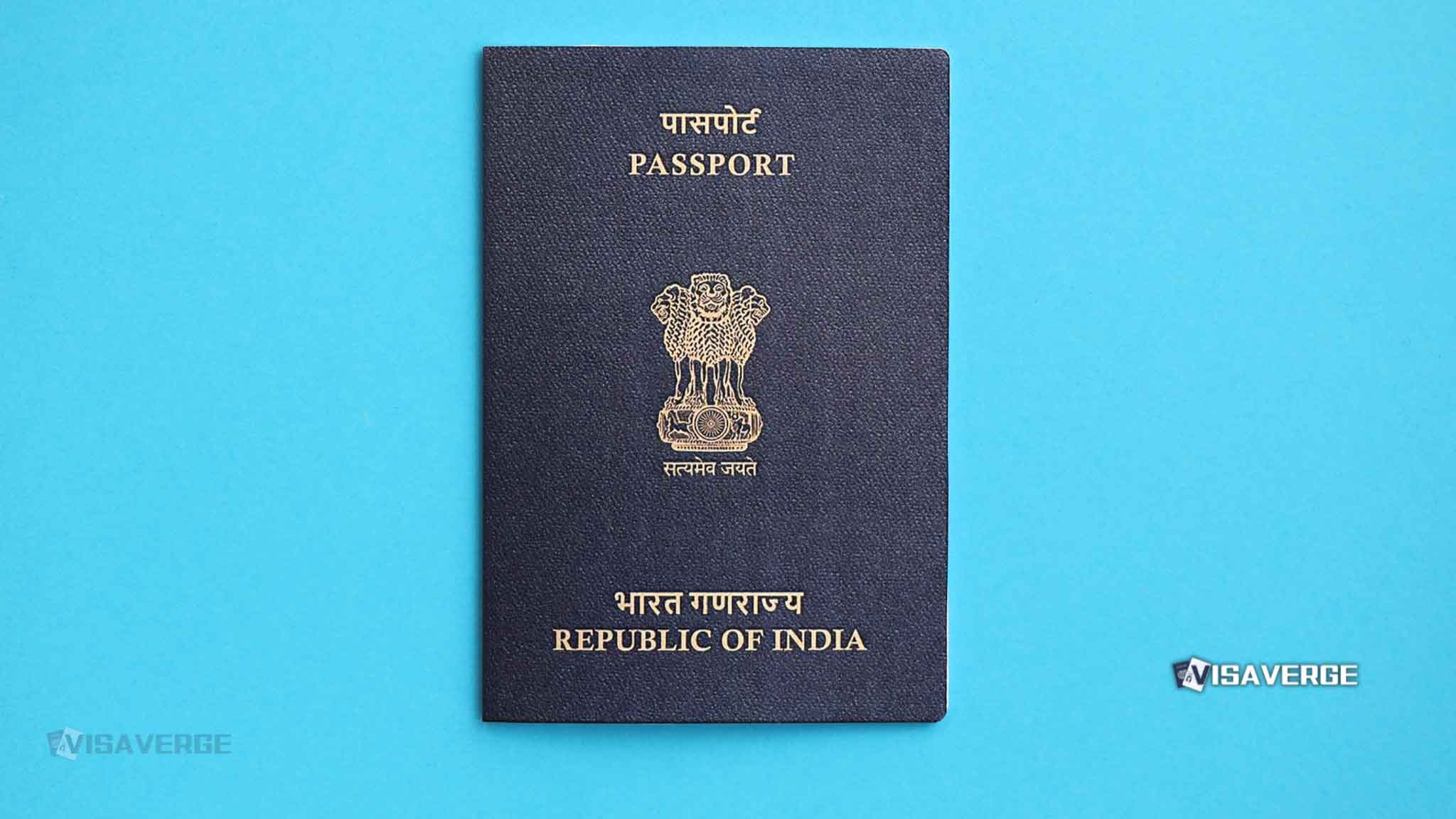Key Takeaways
• EU considers raising delay thresholds: 5, 9, and 12 hours for flight compensation eligibility by distance.
• Proposed rule changes could cut compensation claims period to three months after disrupted flights.
• Disability advocates warn new rules would weaken key protections and support for passengers with disabilities.
The European Union 🇪🇺 is facing a heated debate over its passenger rights rules, as leaders consider changes that could reduce protections for air travelers. People who fly to, from, or within the European Union 🇪🇺 have come to rely on strong rights, especially under the EU261 regulation. But now, proposed changes are making many worry about losing important protections, especially if their flight is delayed or canceled.
Let’s look closely at what is happening, what the changes might mean, and why so many people – from consumer groups to disability advocates – are speaking out.

What Are the Current Passenger Rights in the European Union 🇪🇺?
Travelers flying from any European Union 🇪🇺 airport – or flying into one on an EU airline – have long been protected by a set of rules called the EU261 regulation. These rules have been in place since 2004 and are known for setting clear standards for what airlines must do when flights are delayed, canceled, or overbooked.
Under the current EU261 regulation:
- If your flight is delayed by three hours or more, you can get compensation.
- The amount you get depends on how far your flight is:
- €250 for short flights
- €400 for medium-distance flights
- €600 for long-distance flights
- These rules apply no matter which airline you are flying, as long as your journey departs from an EU airport or lands at one if it’s an EU-based carrier.
This has made passenger rights in the European Union 🇪🇺 some of the strongest in the world. Many see these protections as a safety net that encourages airlines to do better and gives passengers a fair chance if things go wrong.
What Is Changing in the New Proposal?
The European Union 🇪🇺 is reviewing the EU261 regulation with the goal of updating the rules for today’s airline industry. However, the planned changes have drawn sharp criticism from passenger advocates, who say the new rules would do more harm than good.
Here are the most important changes being considered:
1. Higher Delay Thresholds Before Compensation
Right now, passengers get compensation if their flight is three hours late or more. But the new plan would raise that limit. Depending on your flight, you would have to wait much longer before being given any money:
- For short flights, the wait would go up to 5 hours
- For medium-distance flights, it would be 9 hours
- For long-haul flights, you would have to be delayed by at least 12 hours
According to the European Consumers’ Organisation (BEUC), these changes would mean about 85% of passengers would no longer receive any compensation for delayed flights. That is a huge drop from today’s level of protection.
2. Less Time to File a Claim
Passengers currently have a generous time window to claim compensation, which gives people enough time to gather documents and submit their request. Under the new proposal, this period could be cut down to just three months. BEUC argues this is much too short because many travelers may not have all the needed paperwork or could miss the deadline after a complicated or stressful trip.
3. Limits on Covered Hotel and Meal Costs
When big disruptions happen, airlines today must pay for a passenger’s hotel stays and meals, sometimes over several days. The new proposal would cap these costs:
- Just three nights at €100 per night
- The European Parliament suggested a slightly better deal: five nights at €125 per night
For travelers stranded far from home, these limits could make it hard to afford a place to stay while waiting for the next available flight.
The Situation for Passengers with Disabilities
One of the most criticized parts of the Council’s plan relates to protections for people with disabilities. According to the European Disability Forum, the draft rules would:
- Drop the rule that airlines must let a support person travel for free if the airline says a disabled passenger cannot travel alone
- Remove rules that make airlines report on how they deal with complaints and what help they give to people with disabilities
- Stop enforcement agencies from checking on airlines to make sure they are treating passengers fairly
For many, these rights mean the difference between being able to travel or being shut out entirely. Disability advocates have been very clear that weakening these supports is a step backward for fairness and access.
Why Do These Changes Matter?
The European Union 🇪🇺 has long been seen as a leader when it comes to passenger rights. Many countries outside Europe have based their own rules on the EU261 regulation. Thanks to these rules:
- Passengers don’t have to fight large airlines on their own – the regulation sets fair rules
- Airlines usually try harder to keep flights on time
- Knowing you have rights makes travel less stressful and makes consumers trust the system more
If the new rules pass, many are worried that:
- Airlines would have less reason to keep flights running smoothly
- People would be left out of pocket more often
- Trust in air travel across Europe could drop
Backlash from Consumer and Advocacy Groups
Many groups that fight for travelers’ rights say the proposed changes go too far. The Association of Passenger Rights Advocates has called the plan “outrageous.” They see it as a move that helps airlines cut costs but leaves travelers – especially those most at risk, like people with disabilities – with fewer rights.
Groups such as BEUC warn that Europe’s leadership in passenger protections is now at risk. Changing the rules so much could encourage other places to reduce their own standards, making things harder for air passengers worldwide.
What Is the Timeline for New EU Passenger Rights?
The process of changing the EU261 regulation has not been fast. It started back in 2013 but only gained speed again in late 2024.
Here’s how it works:
- The European Commission comes up with a draft or suggests changes
- The Council, made up of representatives from EU Member States, gives its opinion and makes its own suggestions
- The European Parliament also reviews the proposal and can suggest changes
- All groups must agree on a final version
Even if the Commission agrees with new ideas, the Council and the Parliament both need to say yes before anything becomes law. In the coming months, all sides will debate and possibly change the wording.
What Could Happen Next?
The next few months will be very important. Lawmakers in the European Union 🇪🇺 are under pressure from both sides:
- Airlines say they need more flexibility so they can handle unexpected delays without paying out millions of euros when it’s not their fault
- Consumers say travelers will be worse off if rules are watered down
- Advocates for people with disabilities say any step backwards puts up more barriers for those who already face big challenges when flying
The final decision will shape how Europeans and visitors to Europe travel for years to come. With millions of people flying within, to, and from the European Union 🇪🇺 every year, even small changes can affect a lot of lives.
Differences of Opinion and Ongoing Debate
It’s clear there’s no easy answer. Some say that airlines are being crushed by pay-outs for delays caused by events outside their control. Others argue that the point of passenger rights is to create a fair balance and make sure passengers are treated well, no matter what.
Those in favor of the current rules want airlines to have a strong reason to run on time. They say that without strict rules, airlines may not do enough to avoid delays.
On the other hand, airlines and their supporters argue that delays can happen for reasons beyond their control, like bad weather or strikes, and that having to give out so much compensation can push ticket prices higher or make some routes too expensive to run.
Broader Impact on Immigrants, Tourists, and Frequent Travelers
If you are new to the European Union 🇪🇺, a regular visitor, or someone who travels often for work or family, these rules affect you directly. Losing the right to quick compensation, or having less time to file a claim, can make travel much riskier and more costly.
For immigrants, being able to travel easily and knowing one’s rights can help with settling in or visiting family abroad. Tourists often use European flights to explore many countries in one trip. A traveler stuck for many hours – or days – without help or payment might think twice before booking again.
The European Union 🇪🇺 became popular in part because people felt protected when traveling. Weakening these protections could have a ripple effect on tourism, business trips, and family reunions.
Disability Rights: A Step Backward?
For people with disabilities, the risk is even higher. Flying is already difficult for those who need help, and the EU261 regulation at least gave some clear rights and support. Taking away things like free travel for support persons could leave some people unable to travel at all.
According to the European Disability Forum, if these changes happen, enforcement will become harder. Airlines would not have to report problems or let authorities check if they are following the rules. For a group that often faces extra hurdles, these proposals feel like a big setback.
Where Can You Learn More?
If you want to know exactly what rights you have today when flying in or from the European Union 🇪🇺, you can visit the European Union’s official air passenger rights page. This page explains the EU261 regulation, how to file a claim, and what airlines must do in case of delays, cancellations, or denied boarding.
For deeper discussion and ongoing news about these changes, VisaVerge.com has also reported on how the new proposals could change the landscape for passengers and what you might expect next.
Final Thoughts: What Should Travelers Do?
The future of air passenger rights in the European Union 🇪🇺 remains uncertain. While changes to the EU261 regulation could make life easier for airlines, they could create more problems for millions of travelers. Whether you are a regular flyer, an immigrant, or planning that once-in-a-lifetime trip, it is important to stay informed and know your rights under current rules.
The next few months will likely bring more debate, and possibly more changes, before any new law is passed. Until then, travelers should keep copies of their travel documents, know how to file claims, and watch for updates from both official EU channels and news sources like VisaVerge.com.
As this debate unfolds, passengers, consumer groups, and advocates for people with disabilities hope lawmakers will remember that fair and strong passenger rights benefit everyone – not just in the European Union 🇪🇺, but around the world.
Learn Today
EU261 Regulation → A European Union law since 2004 that sets minimum rights and compensation for passengers facing flight delays, cancellations, or overbooking.
Compensation Claim → The process by which passengers formally request monetary reimbursement from airlines for delays, cancellations, or denied boarding.
Short-haul/Medium-haul/Long-haul → Categories of flights based on distance, affecting compensation: short (<1500km), medium (1500-3500km), and long-haul (>3500km).
Disability Advocacy → Actions and organizations dedicated to protecting and promoting the rights of travelers with disabilities within transport processes.
European Commission/Council/Parliament → Distinct EU bodies involved in drafting, amending, and approving regulations; all must agree for legal changes.
This Article in a Nutshell
The European Union is revising passenger rights under EU261. Proposed changes would raise delay thresholds for compensation and limit support for travelers, especially those with disabilities. Consumer groups strongly oppose these measures. Passengers are urged to stay informed, as these decisions will directly impact millions of travelers’ rights and experiences soon.
— By VisaVerge.com
Read more:
• TSA checkpoints mark record passenger numbers at Reagan and Dulles Airport
• NAIA bans security personnel from handling passenger passports
• Southwest Airlines flight disrupted by female passenger at Chicago Midway
• Queen Alia International Airport in Amman sets new passenger record
• Chicago O’Hare International Airport’s top airlines by passenger numbers














Paul Ehrlich has it right all along, the first underlying cause of all this current strife upon a finite ball, or planet. EIGHT BILLION HUMAN BEINGS! PLEASE through away this bad ‘life’s Instruction Manual called either the first [art of the Torah, of Q-ran, or first chapter of Old Testament ‘Be fruitful and multiply’. REALLY!? O H REALLY!? With already 8 bn people on this planet YOU WANT M O R E !?
Overtourism, mass migration, climate emergencies, YOU WANT MORE babies, on an already overstressed planet? T H I N K !
The airline industry is an expensive job to handle as SAFETY is paramount. HOWEVER, the element of selfishness, greed, and intentionally causing harm and total disregard for fellow human beings IS NO EXCUSE for this SHIT to happen what I now USED to think positively of EU and the Schengen Group! MONSTEROUS despicable EVIL! Bad as D J Trump in USA!